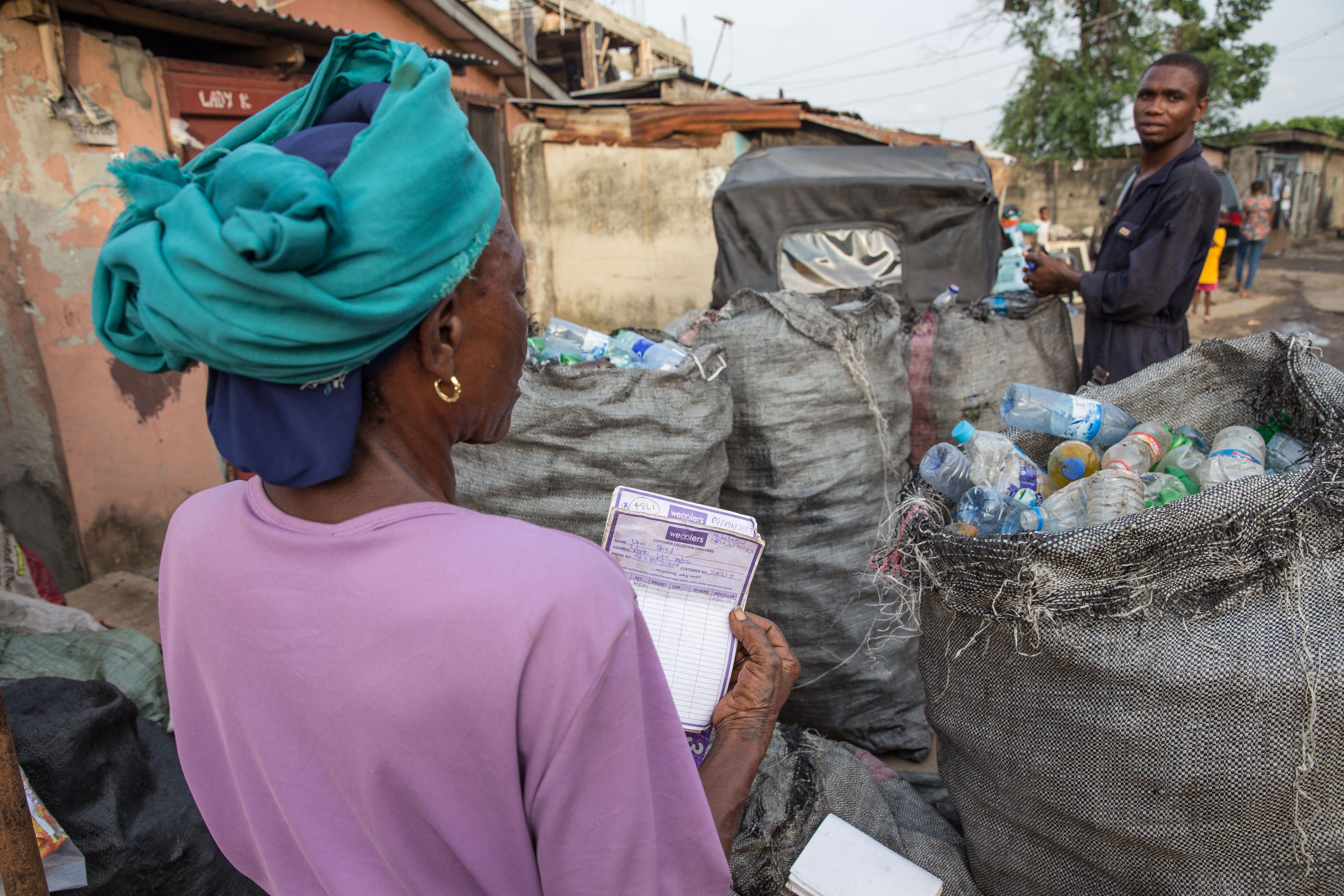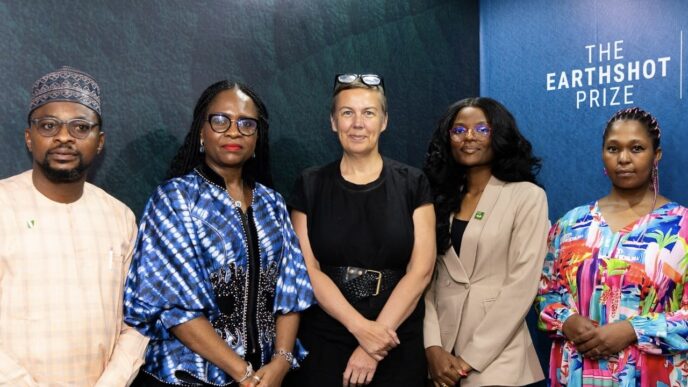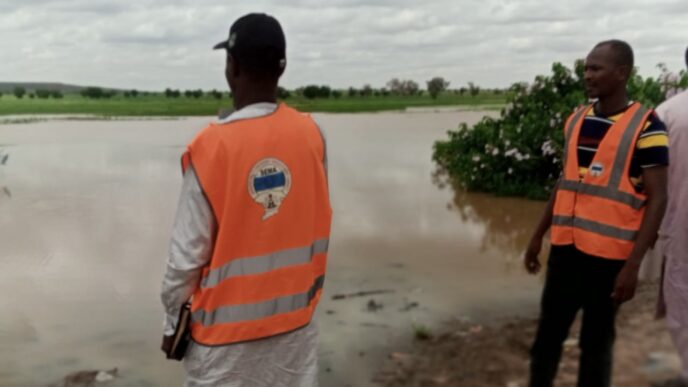Borneo, Malaysia Borneo is known for its jungle full of wildlife and preservation of remote tribes.
Photo credit: Peter Ptschelinzew—Lonely Planet Image/Getty Images
Wild Africa, a non-governmental organisation (NGO), says the risk of zoonotic diseases would be lower if wildlife habitats were protected.
A zoonotic disease is one that is transmissible from animals to humans. Examples are mpox, anthrax, bird flu, ebola, and marburg virus.
In a statement on Monday, Linus Unah, West Africa director at Wild Africa, said the recent outbreak of mpox, highlights the need for awareness about zoonotic diseases.
Ubah said emerging infectious diseases are on the rise, adding that the extinction of species or a significant reduction in population sizes, has been identified as a major driver of outbreaks.
Advertisement
“Habitat loss, the degradation and destruction of natural ecosystems, while itself not linked to infectious disease outbreaks in the analysis, contributes to biodiversity loss and is caused by agricultural expansion, logging, mining, livestock grazing, and population growth,” the statement reads.
“Deforestation, even of select species of trees, can have knock-on effects, as seen in Uganda, where the cutting of palm trees caused changes in animal diets.”
The director said trading in bushmeat poses several risks as it can involve exposure to pathogens carried in wild animals.
Advertisement
“Widespread bushmeat trade networks can spread pathogens over large areas and habitat disruption increases the likelihood of exposure to never-before encountered pathogens,” the statement reads.
He added that zoonotic diseases, resulting from biodiversity loss and harmful practices within the bushmeat trade, also have far-reaching economic consequences.
“In 2015 for example, the Ebola epidemic cost countries, like Guinea, Liberia, and Sierra Leone estimated losses of US$1.6 billion in forgone economic growth, according to the World Bank,” the statement reads.
“Collaboration across governments, NGOs, and society at large is crucial to combat new outbreaks.
Advertisement
“Governments need to be prepared and ready for pandemics, but we also need to address the root causes of these new diseases, which is our behaviour towards nature.
“If we protected and respected wildlife and their habitats, the risks would be much lower. By keeping wildlife wild, we really are keeping ourselves safe. Protecting nature protects us all.”
Add a comment









